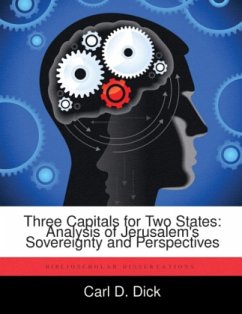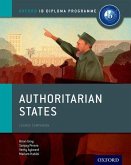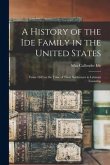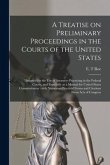This study argues that there are historical reasons to focus on Jerusalem first and to use an international Holy Basin methodology to bring Israel and the Palestinian National Authority together towards a workable compromise. This analysis identifies the strategic compromises required to create two distinct capital zones that grants sovereignty and legitimacy over respective capitals for the State of Israel and a future State of Palestine. To address the Arab-Israeli conflict, there have been numerous Middle East peace processes, two intifada's, and six U.S. administrations with little demonstrated progress. In terms of religion and national identity, Jerusalem is a central factor for both Israelis and Palestinians, to the people of three world religions, and to the international community. The critical factors to achieve compromise are sovereignty over their respective capitals combined with international recognition and possible control over remaining contested Holy Places. Resolving the city s role as a national capital for two states can lead to resolving other critical Arab-Israeli issues. The international community has perpetuated the conflict by withholding Jerusalem sovereignty from Israel and the Arab population. When Britain ended their Palestine mandate in 1948, the UN failed to deliberately enforce their vision of a separate Jerusalem entity, or Corpus Separatum. The UN continued to withhold sovereignty while the city was divided for nineteen years between Jordan and Israel and when the city was reunited in 1967. The lack of an international mandate for sixty-four years, while fighting for utopian concepts has perpetuated the conflict by delaying the self-determination of the Palestinian population and withholding sovereignty over Israel s declared capital. Peace negotiations must recognize and incorporate the interests of both sides, but until each side is ready to strictly divide the Old City, an international Holy Basin zone has the potential to cr
Hinweis: Dieser Artikel kann nur an eine deutsche Lieferadresse ausgeliefert werden.
Hinweis: Dieser Artikel kann nur an eine deutsche Lieferadresse ausgeliefert werden.








